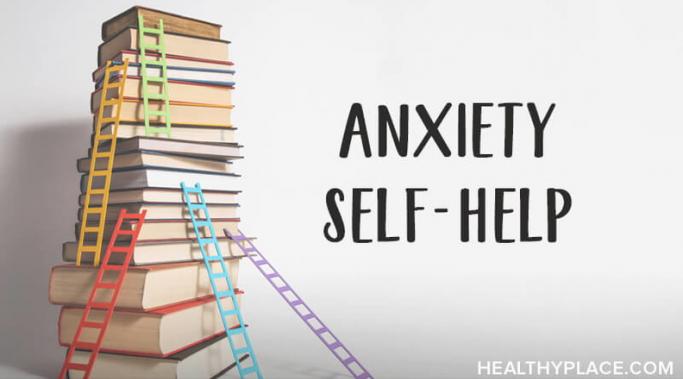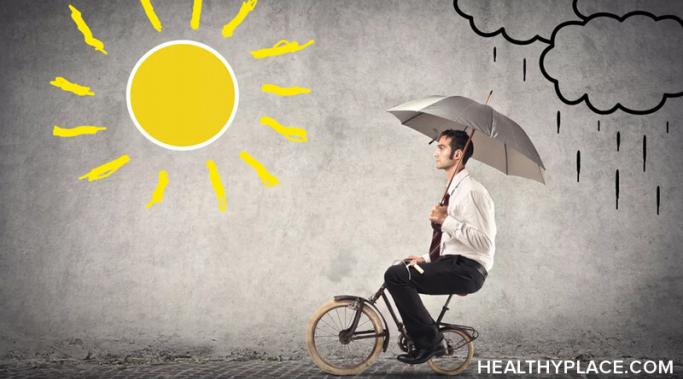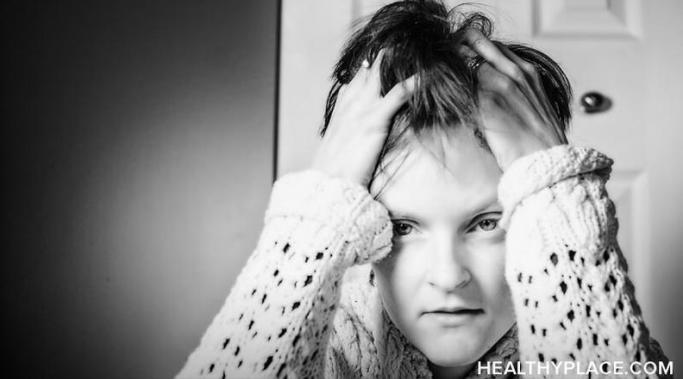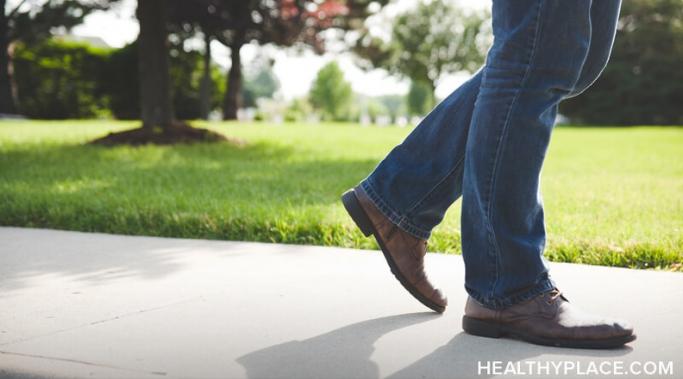After going through a traumatic experience, it can be difficult to trust people and you can develop overwhelming trust issues. While many relationships are able to bounce back from difficult circumstances, around 5-10 percent of people with posttraumatic stress disorder (PTSD) will experience lasting relationship issues as a result of the traumatic experience.
PTSD Symptoms
Shame and suicidal thoughts are often part of living with complex posttraumatic stress disorder (PTSD), especially after childhood trauma. When you are experiencing shame, those thoughts can become worse. Understanding how to identify shame and have self-compassion can help with suicide prevention. (Note: This post contains a trigger warning.)
Posttraumatic stress disorder's panic attacks are scary--literally. Characterized by feelings of extreme fear and anxiety, many people with posttraumatic stress disorder (PTSD) experience the sweaty palms, racing heartbeat, and rapid breathing that comes with panic attacks.
Depression is a common symptom of posttraumatic stress disorder (PTSD). After someone goes through a traumatic experience, it's normal to feel sorrow, confusion, and anger--all of which can manifest into depression.
Living with complex posttraumatic stress disorder (PTSD) is hard and it often makes life feel like a struggle. You may struggle to get out of bed, do your daily chores, put on a good face for those around you, or you may even feel like it's a struggle to live.
Posttraumatic stress disorder (PTSD) and insomnia can go hand-in-hand. Insomnia is one of the most common sleep disorders in the world. With around 10-30% of the general population suffering from insomnia, it's normal to know a friend or two that has trouble sleeping at night. Because insomnia is such a common condition, it's often left out of the discussion around posttraumatic stress disorder. But with sleep disturbances proven to increase daily distress and dysfunction in the 80-90% of PTSD patients with insomnia, it's a PTSD symptom that shouldn't be forgotten.
Flashbacks are one of the main symptoms of posttraumatic stress disorder (PTSD), but many people haven't heard of a PTSD body memory flashback. I experience PTSD body memory flashbacks. Here's what they feel like.
Did you know that using art for posttraumatic stress disorder (PTSD) can help you cope with the symptoms of PTSD?
When I explain my posttraumatic stress disorder (PTSD) startle response to people who don't have much knowledge about the disorder, I like to describe my brain as being "stuck in survival mode." It's the easiest way to describe how I feel to people who don't have PTSD because everyone understands what "survival mode" means.
Posttraumatic stress disorder (PTSD) makes it easy to continually beat yourself up when you have challenging moments and struggles. This just leads to getting stuck in a trap of self-defeat that falsely makes you believe there is no hope for overcoming PTSD. One of the essential things needed for you not to find yourself stuck, however, is self-acceptance.









